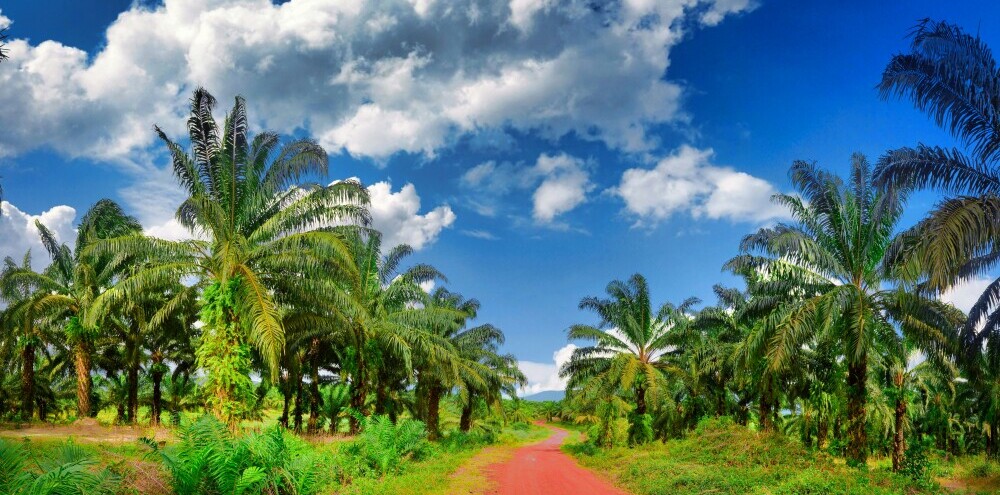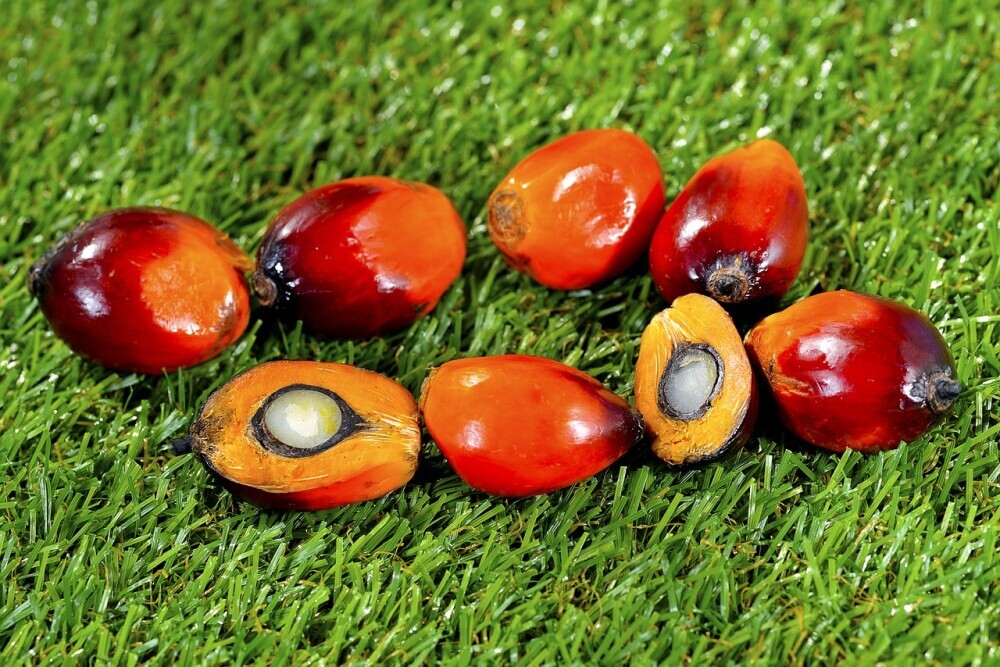Oil palm industry in Papua New Guinea faces scrutiny as Minister Maru calls for reforms to ensure fair compensation for local farmers and boost the economy.

Maru: Papua New Guinea Oil Palm Industry Under Probe as Reform Push Intensifies
PNG BUSINESS NEWS
One of the most pressing issues raised by Papua New Guinea’s Minister for Foreign Trade and Investment, Hon. Richard Maru, is the state of the oil palm industry, which he described as being in “a mess.”
MP Maru revealed that the government has commissioned an independent investigation to address regulatory gaps, pricing disparities, laws, and policy, including the industry structure and land acquisition issues that have plagued the sector for decades.
“We must ensure that our people benefit from their land. Right now, they get very little, while foreigners who acquire their land make huge profits. It’s time to clean up this mess,” he stated.
The Oil Palm Investigation Team is the first of its kind and has already arrived in Port Moresby, Minister Maru told the media on Jan. 31 in Port Moresby.
He reassured the public that the investigation team consists of independent experts, including an economist, an accountant, and a legal advisor, to provide unbiased recommendations.
Given the timeframe of the investigation of about three weeks, the team’s findings would be submitted to the National Executive Council (NEC) and debated in Parliament to establish a new regulatory framework, the MP said.
Minister Maru expressed his frustration over PNG’s reliance on foreign loans, emphasizing that a strong oil palm industry could transform the nation’s economy.
Oil palm is the country’s leading agricultural export, generating over K2.8 billion in exports in 2022.

“If we develop the oil palm industry properly, we could increase our revenue from K2.5 billion to K25 billion or more. We need to support our people to get fair prices for their produce, which will encourage them to expand cultivation,” the minister said.
“The oil palm industry has been self-regulating for the last 50 years because the government does not have a policy or law to regulate it,” Maru explained.
He highlighted extreme pricing discrepancies, noting that farmers in different oil palm provinces such as in Kimbe, West New Britain Province and in Rabaul, East New Britain receive different purchasing amounts.
“This investigation will bring to light the differences in lease-leaseback arrangements, land dealings, and price formulas,” he said.
“Our interest as a government is that there should be one price for everybody. When the world market price is high, our farmers must benefit,” he said, noting that implementing a national pricing formula ensures fair compensation for landowners and farmers.
While he admitted this should have been done earlier, MP Maru said his Ministry are taking up the responsibility to ensure the oil palm industry in PNG gets the attention it deserves to grow and boost the economy.
SOURCE: https://lnkd.in/g5yUJdRW
Related Posts
Customary Land Ownership In Papua New Guinea: A Cultural And Economic Perspective
“Rethinking Judicial Power in Papua New Guinea” by Dr. Bal Kama
Read more news and stories here. Watch online news and documentaries about Papua New Guinea here.




